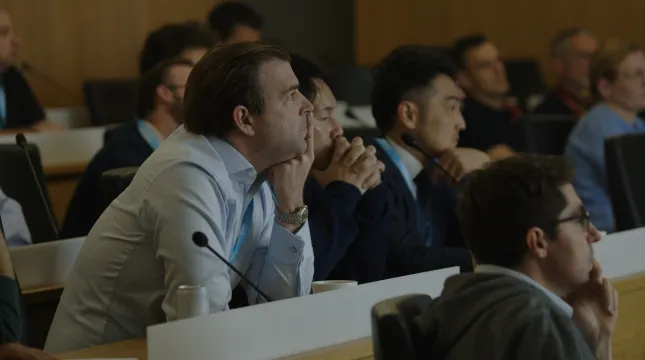One of ESSKA’s objectives is developing professional standards. Thus, ESSKA has developed a strict and painstaking methodology which employs our considerable European expertise. We call it ESSKA’s European Consensus.
Terms and conditions of using ESSKA Consensus materials:
All rights reserved. No part of these publications may be reproduced, distributed, or transmitted in any form or by any means, including photocopying, recording, or other electronic or mechanical methods, without the prior written permission of ESSKA, except in the case of brief quotations with noncommercial use permitted by copyright law.
Please use the following signage while quoting:
“ESSKA European (Title) Consensus: Copyright © ESSKA”
For permission requests, please contact ESSKA Office (info@esska.org)






